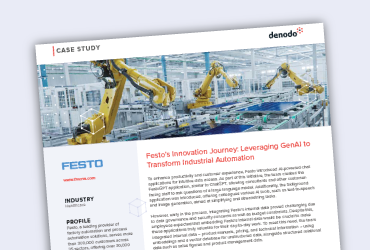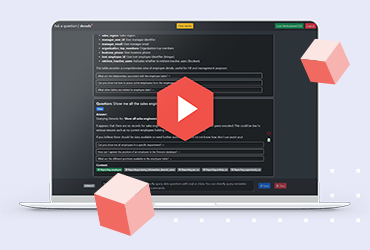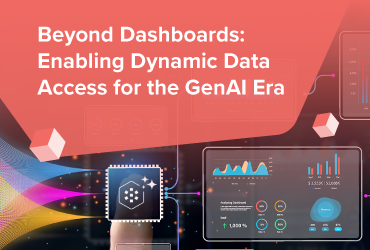What Is AI Ops?
AI Ops (artificial intelligence for IT operations) refers to the use of artificial intelligence and machine learning to enhance and automate IT operations. AI Ops leverages big data analytics, predictive modeling, and real-time monitoring to improve IT efficiency, reduce downtime, and proactively address system anomalies.
Why Is AI Ops Important?
AI Ops is transforming IT operations by automating processes, identifying issues before they escalate, and optimizing system performance. Traditional IT operations struggle with increasing data volumes, complex infrastructures, and real-time incident management. AI Ops provides intelligent insights, streamlines workflows, and enhances decision-making in IT environments.
Key Characteristics of AI Ops
- Automated Incident Detection: AI Ops monitors systems in real time, detecting anomalies and potential failures.
- Predictive Analytics: AI-driven algorithms forecast issues before they impact performance.
- Root Cause Analysis: AI Ops identifies the underlying causes of incidents, reducing resolution times.
- Noise Reduction: It filters out irrelevant alerts and focuses on critical issues.
- Continuous Learning: Machine learning models adapt and improve over time for enhanced IT management.
- Scalability: AI Ops solutions handle large-scale IT infrastructures, ensuring optimal system performance.
How AI Ops Works
AI Ops platforms collect and analyze vast amounts of IT data from logs, events, and monitoring tools. The process includes:
- Data Aggregation: Gathering structured and unstructured data from a variety of IT sources
- Event Correlation: Identifying relationships between different incidents and alerts
- Pattern Recognition: Detecting trends and anomalies using machine learning algorithms
- Automated Response: Triggering corrective actions based on AI-driven insights
- Continuous Optimization: Improving system performance through self-learning AI models
Applications of AI Ops
AI Ops is widely adopted across industries to streamline IT operations, enhance security, and improve business continuity. Common applications include:
- IT Infrastructure Monitoring: Real-time performance tracking of networks, servers, and applications
- Incident Management: AI-driven, automated, issue resolution and escalation
- Cybersecurity: Threat detection, prevention, and response in IT environments
- Cloud Management: Optimizing cloud AI resources and reducing operational costs
- DevOps Integration: Enhancing continuous integration/continuous delivery (CI/CD) pipelines and accelerating software delivery
Benefits of AI Ops
- Improved Efficiency: Reduces manual workload through automation
- Faster Incident Resolution: Minimizes downtime with proactive issue detection
- Enhanced Accuracy: AI-powered insights reduce human errors in IT operations
- Cost Savings: Lowers operational expenses by optimizing IT resource usage
- Scalability: Supports growing IT infrastructures without increasing complexity
Challenges and Considerations
- Data Quality Issues: Poor data can impact AI-driven insights.
- Integration Complexity: AI Ops must integrate with existing IT systems and tools.
- Skill Gaps: Organizations may require AI and ML expertise to effectively implement AI Ops.
- Security Concerns: AI-driven automation must be secured against cyber threats.
The Future of AI Ops
AI Ops will see increased adoption of autonomous IT operations, AI-driven security enhancements, and deeper integration with cloud-native infrastructures. Advances in AI and machine learning will continue to make IT management more intelligent, proactive, and scalable.






